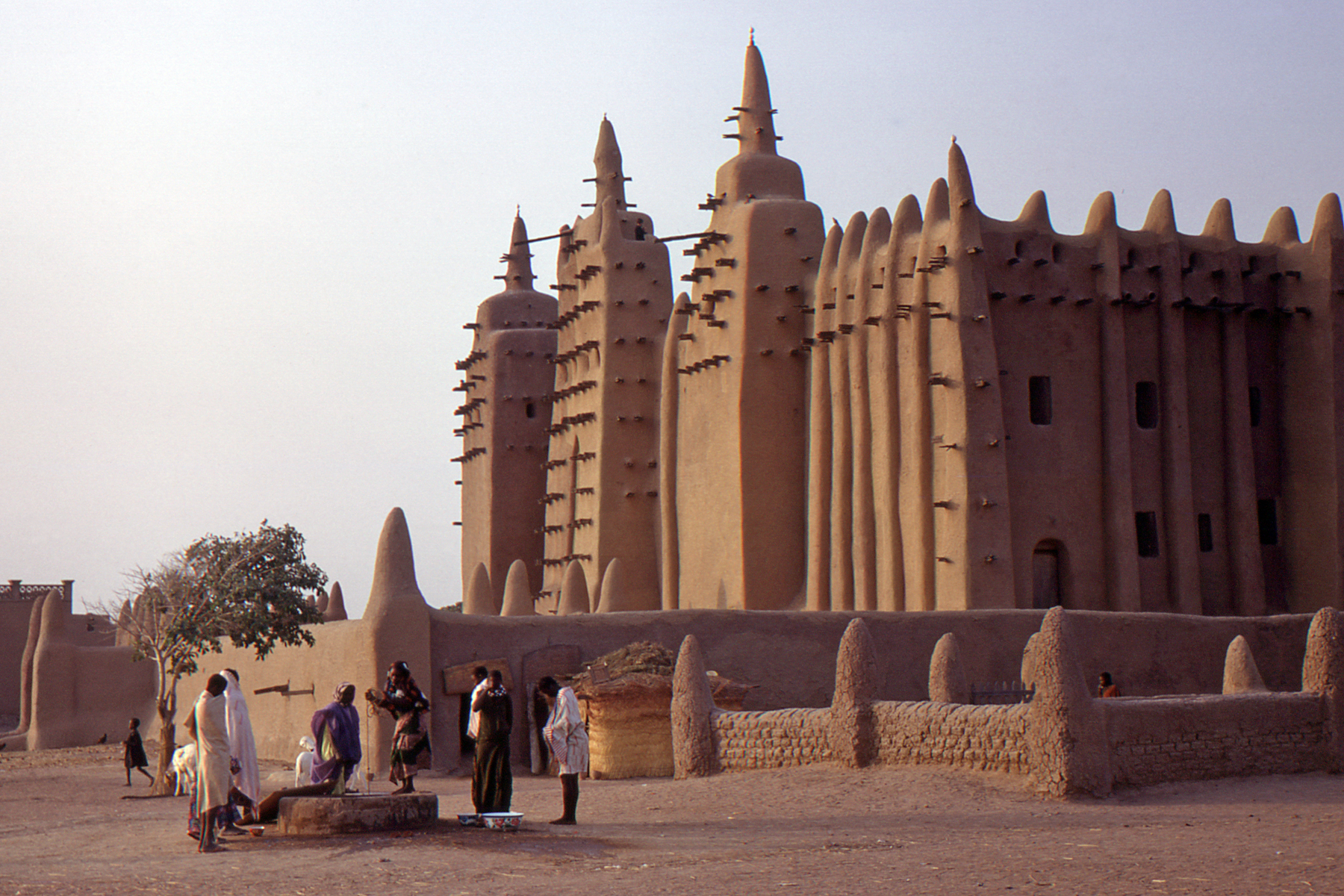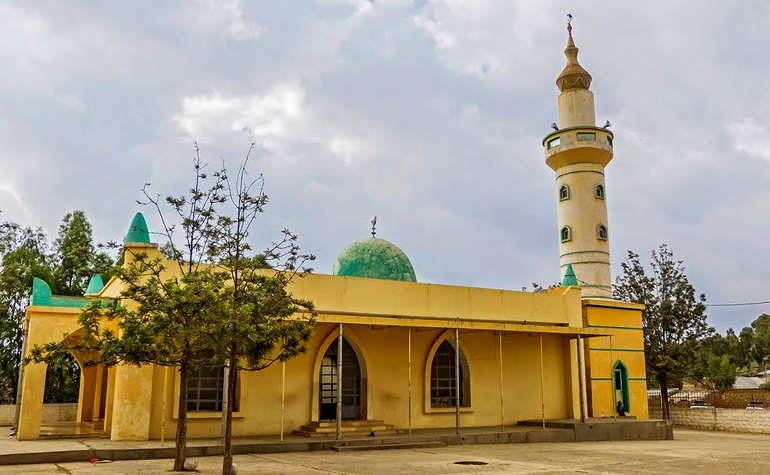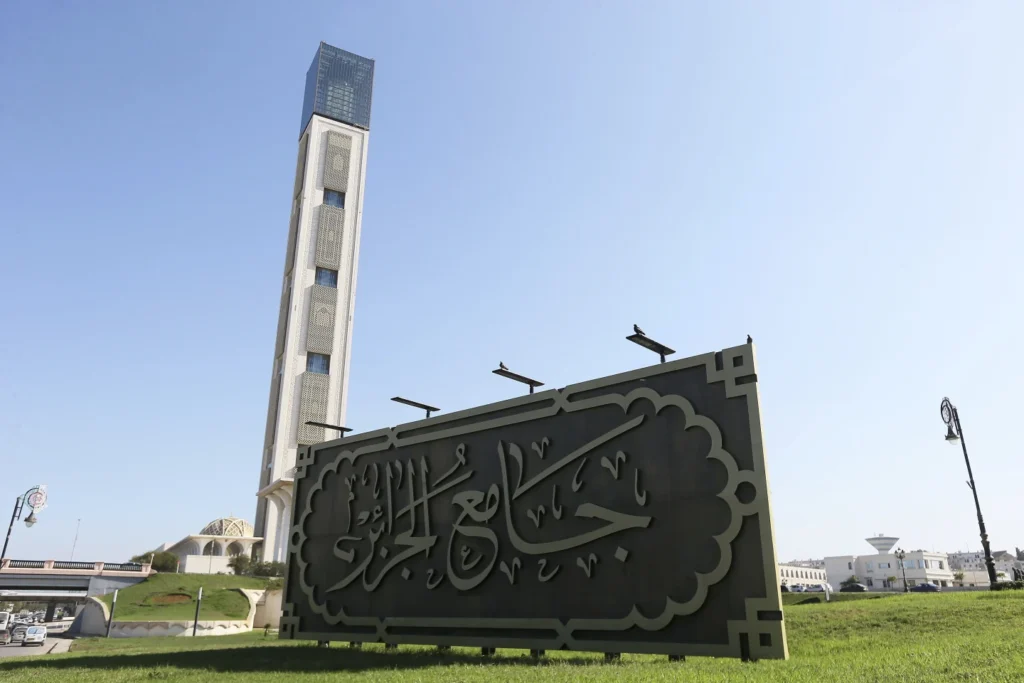Now Reading: Top 10 African Countries with the Largest Muslim Populations
-
01
Top 10 African Countries with the Largest Muslim Populations
Top 10 African Countries with the Largest Muslim Populations

Islam is deeply woven into Africa’s cultural, political, and social fabric. From the bustling mosques of Lagos to the centuries-old Islamic centers of Timbuktu, the faith has shaped communities for generations. Understanding the African countries with the largest Muslim populations gives us a clearer picture of how Islam continues to influence everyday life across the continent.
This list explores the top 10 countries where Muslims make up a significant portion of the population, drawing on data from Pew Research, World Population Review, and the CIA Factbook.
10. Senegal

Senegal is 97% Muslim, with over 17 million adherents. What makes Senegal unique among the African countries with the largest Muslim populations is the dominance of Sufi brotherhoods, such as the Mourides and Tijaniyya, which influence politics, culture, and economy.
Eid festivals here are marked with music, food, and grand religious processions, showcasing how Islam thrives alongside vibrant cultural traditions.
9. Mali

Mali has about 20 million Muslims, around 95% of its population. Historically, it was the site of the Mali Empire, whose rulers like Mansa Musa were devout Muslims and helped spread Islam across West Africa.
Timbuktu, once a global hub of Islamic scholarship, still symbolizes Mali’s place among the African countries with the largest Muslim populations. Ancient manuscripts and mosques remain as living proof of Islam’s deep roots.
8. Niger

READ ALSO: Top 10 Best Cities With Good Health Systems in Africa 2025
In Niger, about 22 million Muslims make up nearly 99% of the population. Islam here is not only a religion but also a unifying national identity.
Like other African countries with the largest Muslim populations, Niger relies on Islamic values to bind communities. Its Islamic schools, local imams, and Sufi orders play a crucial role in shaping society.
7. Tanzania

Tanzania has around 22 million Muslims, making up 35% of its 64 million population. The faith is most prominent in Zanzibar, where Islam has been practiced since Arab traders arrived in the 8th century.
Among the African countries with the largest Muslim populations, Tanzania is unique for its coastal Islamic culture, seen in Swahili traditions, Islamic schools, and beautiful Eid festivities.
6. Ethiopia

Though often associated with Christianity, Ethiopia has over 36 million Muslims (about 34% of its population). Islam has been present here since the earliest days, when the Prophet Muhammad’s followers found refuge with the Christian king of Abyssinia.
Ethiopia proves that African countries with the largest Muslim populations are not only in North and West Africa. Its Harar region, called the “City of Saints,” is home to over 80 mosques, some dating back centuries.
5. Morocco
.webp)
Morocco is almost entirely Muslim, with about 37 million adherents. The country has a long Islamic history, visible in its architecture, from the Hassan II Mosque in Casablanca to the Koutoubia Mosque in Marrakesh.
As one of the African countries with the largest Muslim populations, Morocco is also a spiritual hub for West Africa, having historically spread Islam through trade and scholarship.
4. Sudan

Sudan has nearly 40 million Muslims, accounting for 90% of its population. Islam has long been a binding cultural force in a country marked by ethnic and political diversity.
What makes Sudan noteworthy among the African countries with the largest Muslim populations is the blending of Islam with African traditions. From Sufi brotherhoods to Islamic universities, religion is inseparable from the Sudanese way of life.
3. Algeria

READ ALSO: How to Register for PVC Online in Nigeria: 7 Simple Steps
Algeria boasts around 43 million Muslims, nearly 99% of its population. Islam here is deeply rooted in daily life, with Arabic and Berber traditions intertwined with Islamic practices.
As one of the African countries with the largest Muslim populations, Algeria reflects how religion is central to identity. Friday prayers are major social events, and Ramadan brings communities together across cities like Algiers, Oran, and Constantine.
2. Egypt

Egypt is home to about 90 million Muslims, forming nearly 90% of its 105 million population. As one of the cradles of Islamic scholarship, Egypt hosts Al-Azhar University, one of the world’s oldest centers of Islamic learning.
When talking about African countries with the largest Muslim populations, Egypt stands out not just in numbers, but also in influence. Its scholars and clerics shape Islamic thought globally, while its mosques from the iconic Al-Azhar to the grand mosque of Muhammad Ali remain world landmarks.
1. Nigeria

Nigeria, Africa’s most populous nation, has over 110 million Muslims, representing roughly half of its 220 million citizens. Islam is concentrated in the northern states like Kano, Sokoto, and Borno, but Muslims can be found across the country.
Islam arrived in Nigeria centuries ago through trans-Saharan trade routes and remains a dominant force in culture, politics, and education. The African countries with the largest Muslim populations often mirror Nigeria’s example, where Islam shapes governance, Sharia law is practiced in 12 northern states, and Eid celebrations shut down entire cities.
From Nigeria to Senegal, the African countries with the largest Muslim populations highlight the faith’s role in shaping societies across the continent. Whether through education, politics, or culture, Islam continues to play a pivotal role in Africa’s story.





